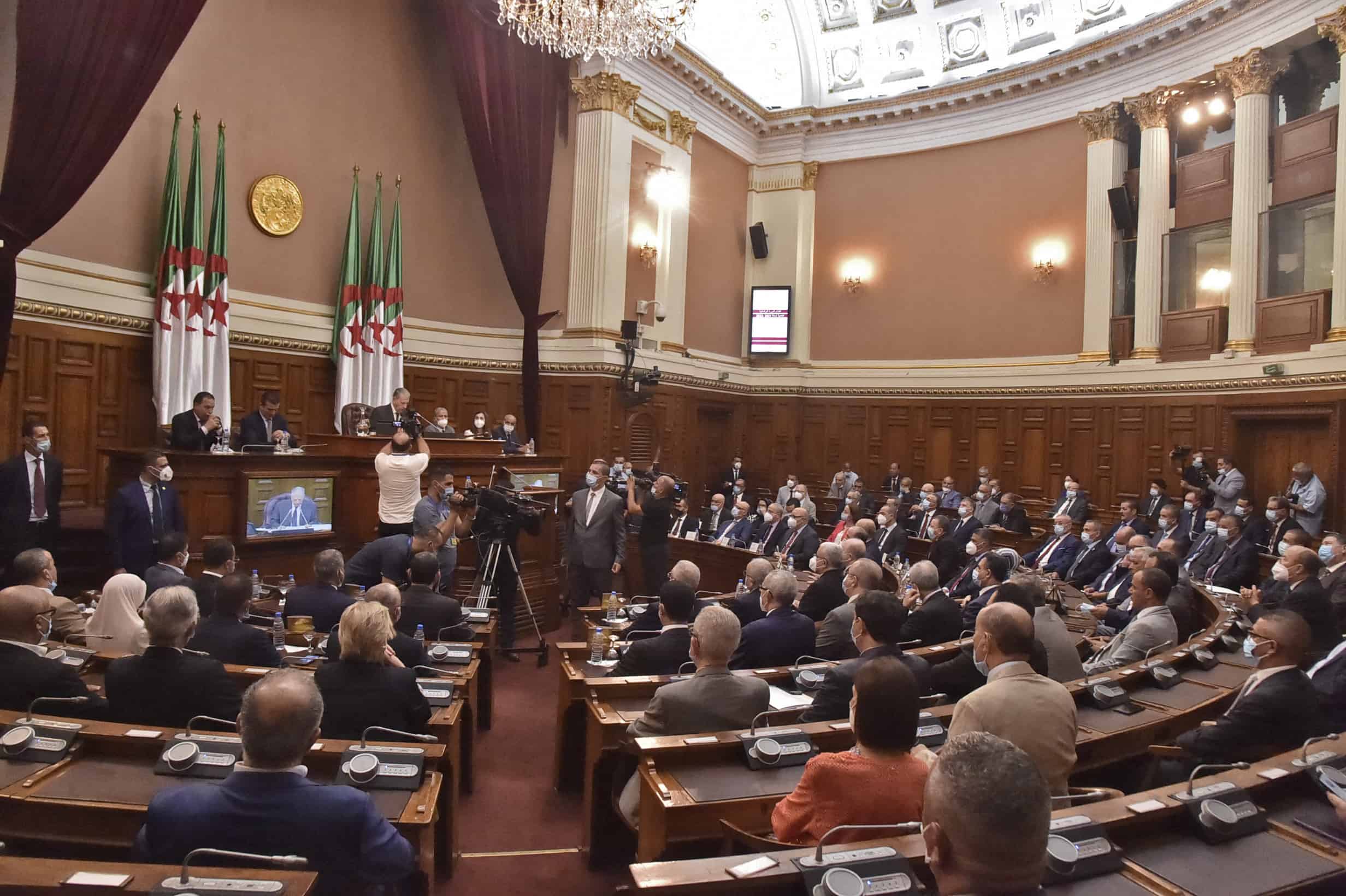Algiers, Algeria– Algeria’s parliament on Monday moved closer to passing a law further restricting press freedom in the North African country by tightening media ownership rules and preventing journalists from protecting sources.
Parliament’s lower house approved the bill on March 28 and on Monday the upper house began debating it, with a vote expected Thursday.
If passed, the bill would ban Algerian media outlets from receiving funding or “direct and indirect material aid” from abroad, under threat of criminal prosecution including fines of up to roughly $15,000.
Algeria ranks 134th out of 180 countries and territories on Reporters Without Borders’ 2022 World Press Freedom Index.
While the act states “professional secrecy is a right”, it would also force journalists to reveal their sources if ordered by a judge.
Dual nationals will be prevented from owning all or part of media outlets and journalists working for foreign media organisations without accreditation could be fined almost $7,600.
Some senators have pointed out that Algeria allows dual nationals to vote or invest in the country, but would be prevented from investing in the media.
Upper house speaker Salah Goudjil has noted that the “devil is in the details” — which are not clear because accompanying legal documents to the bill have not been published.
Earlier this month an Algiers court sentenced prominent journalist Ihsane El Kadi to three years in prison for “foreign financing of his business” in a case denounced by rights groups.
El Kadi, director of the Maghreb Emergent news website and Radio M, was one of the last independent media bosses in Algeria. He received a five-year sentence, two of which are suspended.
Sixteen international media figures including Russian Nobel Peace Prize laureate and journalist Dmitri Muratov had called for his release and urged Algeria to lift “unacceptable” restrictions on his media outlets.








